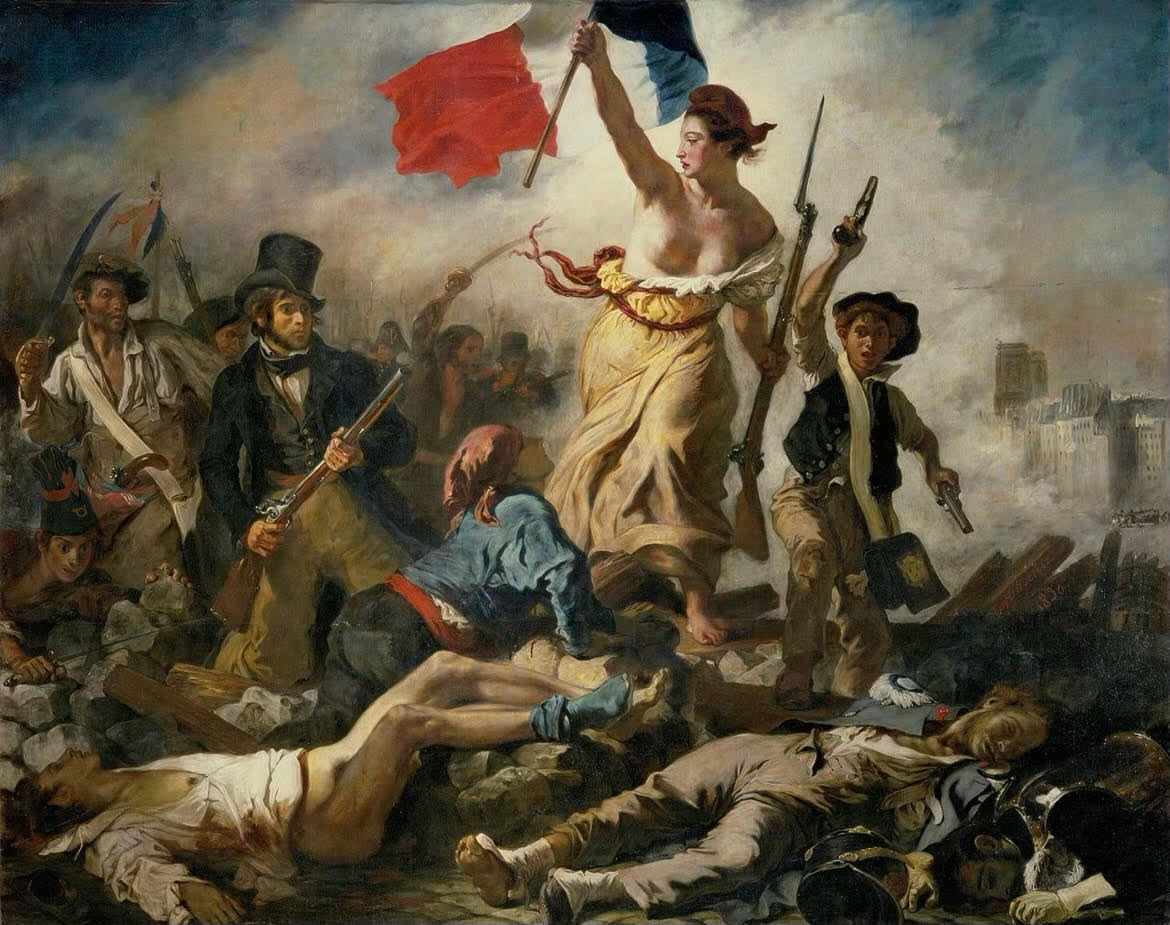100 Days of Victor Hugo’s
“Les Miserables”

Quick Links
- Facebook Group Page [View]
Introduction
“Les Misérables” is a miraculous book. Thirty years in the making, the most anticipated novel of the 19th century was written by Victor Hugo, the greatest French author, who was living in exile. He was away from his beloved France, ruled by Napoleon III, his arch enemy.
Why read a 365-chapter book that sprawls more than 1,300 pages divided into 5 volumes, the plot of which can be summed up in one paragraph? Because it is filled with stunning and boundless wisdom and philosophical insight that helps us, poor miserable wretches that we are, cope with the unresolvable contradictions of our own flawed and ever rebellious humanity.
Set against the sweeping backdrop of three French revolutions – 1789, 1830, and 1848 – and offering a quizzical examination of historical events such as the rise and the fall of Napoleon I, the winners and losers of the Battle of Waterloo, and the internal contradictions of both the Bourbon Restoration (1815-1830) and the July Monarchy (1830-1848), “Les Misérables” follows the trials and tribulations of characters whose names have entered the pantheon of the immortals: Jean Valjean, Javert, Fantine, Cosette, Marius, Thénardiers, Éponine.
Does Victor Hugo give us a blueprint for a moral and fulfilling life? Yes and no. “Les Misérables” is first and foremost a novel that reveals just how insurmountably impossible it is to lead a good life and make a difference in a world whose chilly indifference and hostile affront prompts us to give up and surrender to a darkness that lurks in all souls. But there is also light; Hugo unflinchingly drags his characters to the realization of a possibility of redemption not just in the afterlife, but in this sinful and hateful world too, granted to those who practice compassion and love.
Please join us on this extraordinary journey into the world of “Les Misérables”! I will be your guide on this literary adventure – offering historical and biographical background and twice-weekly commentary of the chapters under consideration. For 100 days starting Sept. 1, we will read 3-4 chapters a day and finish the novel Dec. 10. What gives me such reckless confidence?! Since spring 2020, I have conducted tutorials that facilitated the reading of “The Decameron,” “War and Peace,” “Brothers Karamazov,” “The Count of Monte Cristo” and more by thousands of readers around the globe! “Les Misérables” is our fourth French novel of 2022, and will be followed by “Madame Bovary” next spring – in anticipation of reading “Anna Karenina” in fall 2023!
I will start posting daily historical comments on Aug. 15 – with commentary on chapters 1-4 on Sept. 1! Please don’t read ahead, but if you must, no spoilers!
I have the Norman Denny and Christine Donougher translations from Penguin. I will listen on Audible and post quotes from the online Project Gutenberg edition translated by Isabel F. Hapgood (1887). Please join this reading that celebrates the 160th anniversary of this remarkable novel’s publication!
Posts and News
10 Aug 2022
Liberty Leading the People by Eugène Delacroix depicts the July Revolution of 1830. Victor Hugo experienced three French revolutions in Paris – 1830, 1848, and 1871. The famous barricade scene in Les Miserables depicts a lesser uprising of 1832. Why?! Please join our reading – all shall be revealed!!! — 10 Aug 2022 at 8:49 PM CT [View on Facebook]
15 Aug 2022
Les Misérables — Preliminary Note [View]
16 Aug 2022
Les Misérables — History [View]
